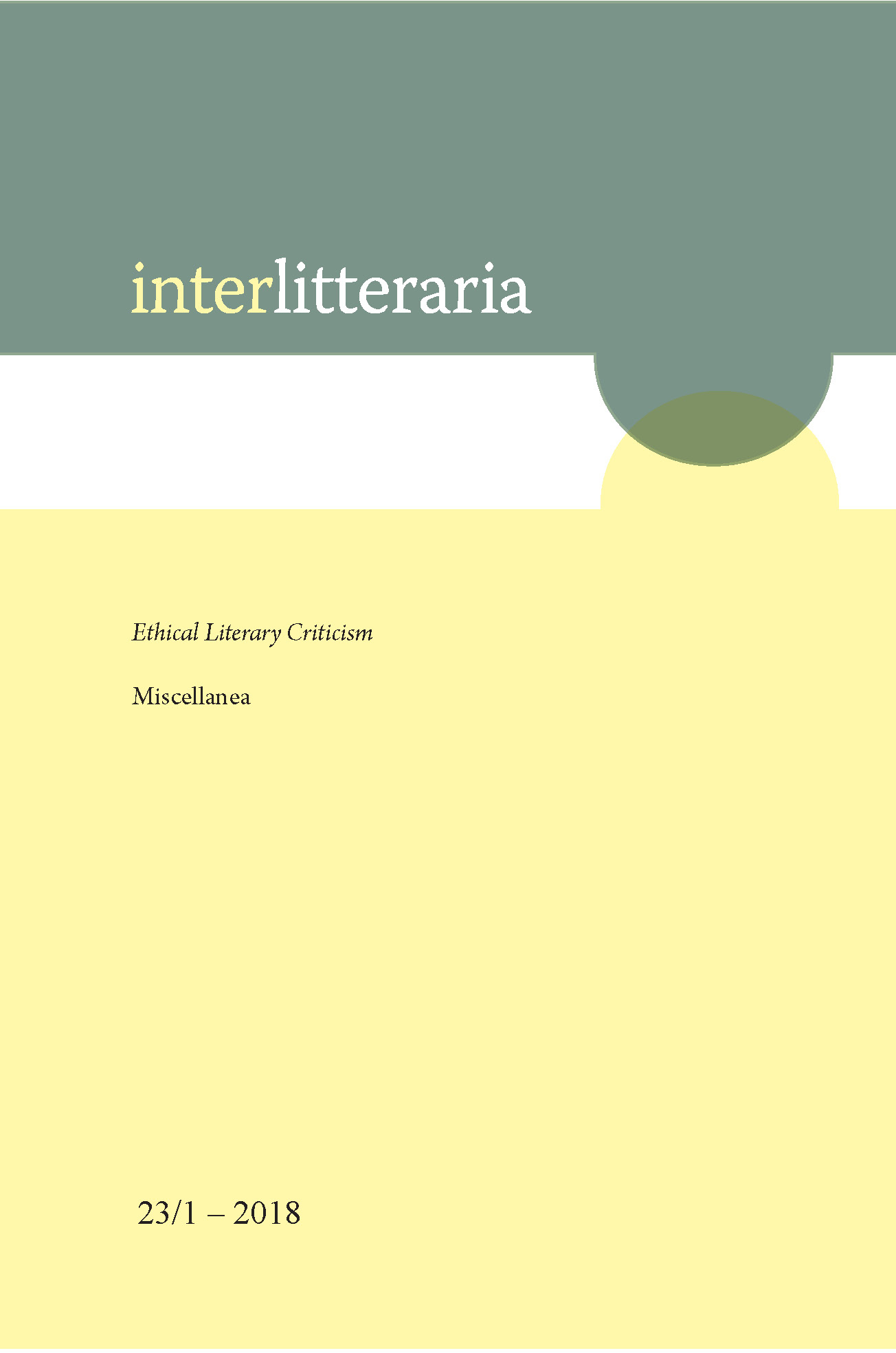Ethical Anguish, Ethical Conflict and Ethical Choice: An Exploration of Futon from the Perspective of Ethical Literary Criticism
DOI:
https://doi.org/10.12697/IL.2018.23.1.9Keywords:
Tayama Katai, Futon, I-Novel, Ethical Literary CriticismAbstract
The transcendence of society and ethical dimension are often embodied in the Japanese I-Novel. The writers of the I-Novel are not outside society, actually their social care permeates their literary works in which the characters possess a strong ethical awareness within a deep, dignified, and sentimental ethical narrative wri ting strategy. Futon, an I-Novel masterpiece, contains many ethical implications from the perspective of Ethical Literary Criticism, such as the ethical anguish in love affairs which is caused by their ethical environment in the late Meiji. With violent conflicts between individual desire and social ethics, the common Japanese faced the crisis of emotion and belief and felt confused on ethical issues during that period. The ethical choices made by the hero and heroine in this novel had touched the moral bottom line of human being.
Downloads
Downloads
Published
Issue
Section
License
The contents of Interlitteraria are published under CC BY-NC-ND licence.


